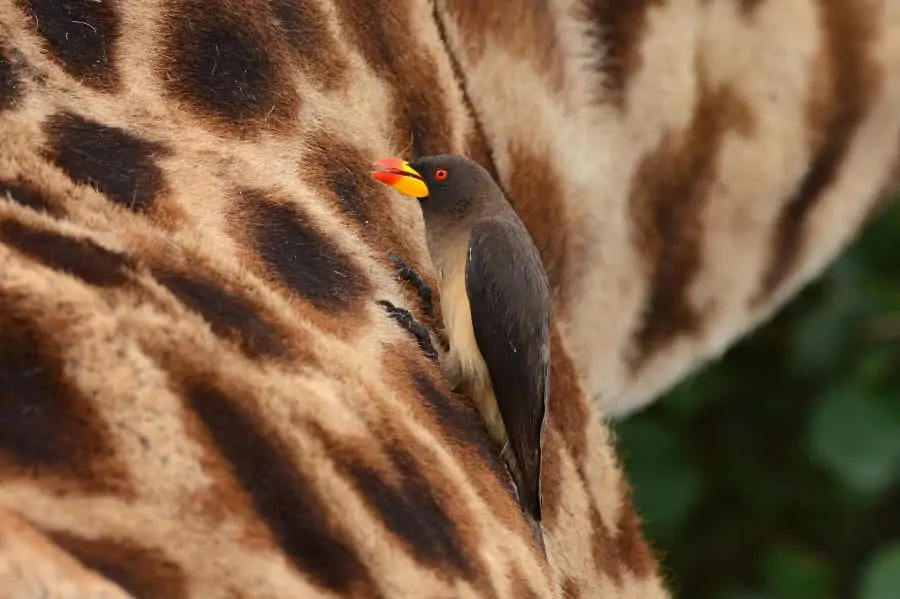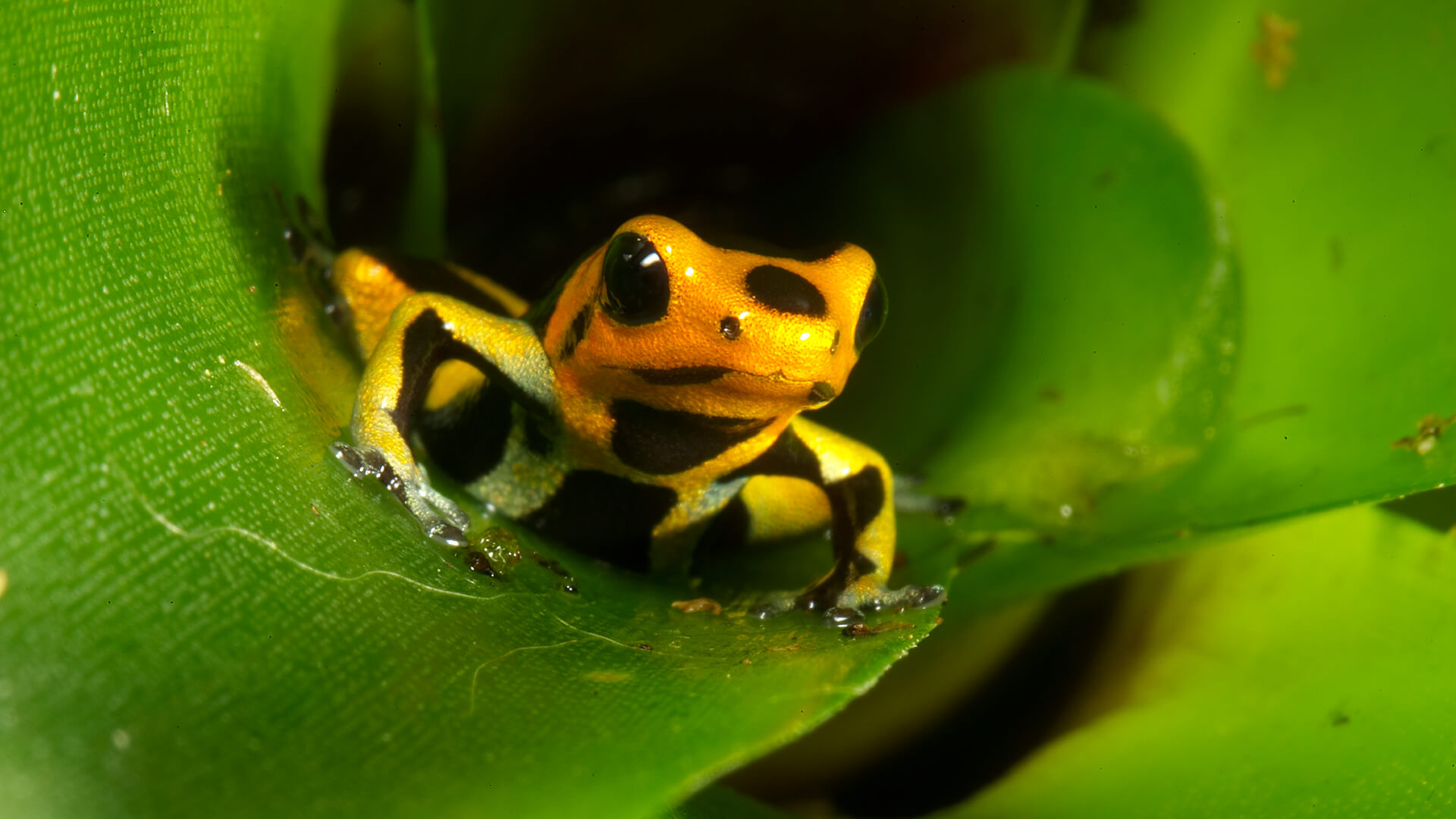What makes its own food?
What are Producers/Autotrophs
What is the biggest level of organization? (Everything from bottom of the ocean to the atmosphere)
Biosphere
What is one trophic level?
Producer, primary consumer, secondary consumer, tertiary consumer, decomposer
What is the difference between a food web and a food chain?
Web= many directions
Chain= 1 direction
The three symbiotic relationships
What are commensalism, parasitism and mutualism?
Species must share limited resources. What resources?
Food, shelter, space
How Do Prey Species Avoid Predators? give three examples
•Run, swim, or fly fast
•Highly developed sight, hearing, or smell
•Physical protection: shells, spines
•Camouflage: shapes and colors
•Chemical defenses: poisons, irritating (stinging), foul-smelling or bad tasting (can be poisonous)
–Warning coloration
•Behavior: mimicry, grouping together
What trophic level does a tree belong to?
Producer
What do food webs show?
What eats what, the path of matter/energy
Type of symbiosis: cheetah hunting a gazelle
Predation
What is the difference between herbivores and carnivores?
Herbivores: Eat plants
Carnivores: Eat meat/animals
What is a group of the same species?
Population
What trophic level would an elephant belong to?
Primary Consumer (eats plants)
Who do the arrows in a food web/chain point to?
The eater
Type of symbiosis: many species use the same water holes in africa

Competition
Intraspecific Competition
What is a type of place?
Biome
What level would a venus flytrap belong to?
Either producer (does photosynthesis) or secondary consumer (low-level predator)
The ________ feed on the corpses and carcasses of dead animals and plants, breaking down tissues so ________ can return all energy to the cycle to circulate it again
What are scavengers and decomposers?
Type of symbiosis:
Oxpeckers eating bugs on a giraffe
Mutualism
Oxpecker: gets food
Giraffe: less bugs
What is resource partitioning?
shared resources at different times, in different ways, or in different places.
What is a specific place and its organisms?
Ecosystem
What level would a mushroom belong to?
Decomposer (breaks down dead matter)
What is wrong with this diagram?
-Arrows the wrong way
-Shows a web, not a chain
Type of symbiosis:
Poison dart frog living in a plant

Commensalism
frog: place to hide/live
Plant: nothing